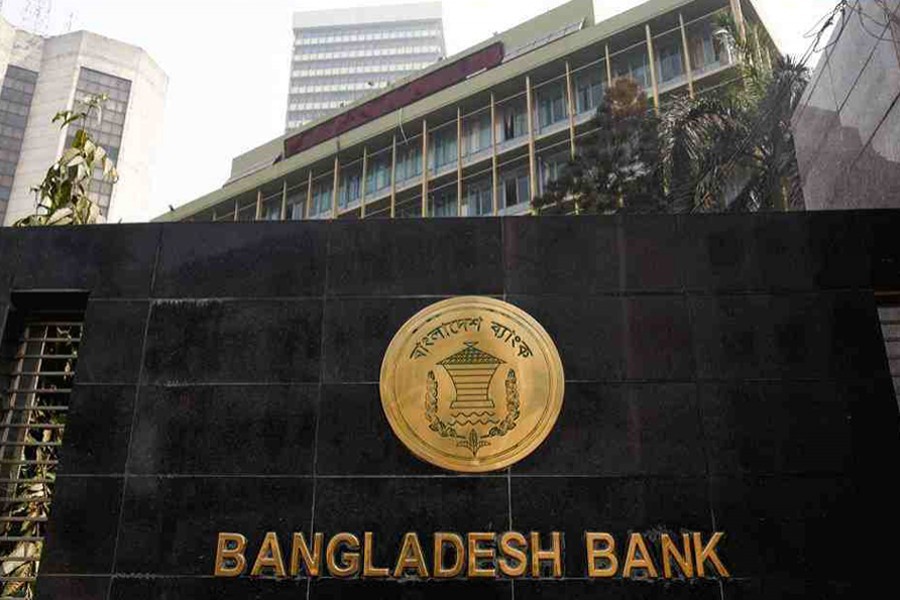Persistent rise in inflation in Bangladesh has now been officially recognised by the national statistical agency. The monthly rate of inflation crossed 6.0 per cent level in February last to hit a 16-monht high mainly due to rise in prices of foodstuffs. The latest release of Consumer Price Index (CPI) by Bangladesh Bureau of Statistics (BBS) showed the rate increased further in March and stood at 6.22 per cent making it a 17-month high.
The upward trend will continue in April as the month is experiencing big spending spree thanks to Pahela Baishakh and Eid-ul-Fitr. Money supply is increasing significantly due to the twin-festival. The government employees have already received Baishakhi festival allowance. Eid allowance is also there for both the government and a large number of private job holders. As it is also the month of holy Ramadan, a good number of Muslims are paying Zakat along with Fitra. They are also doing other charity which is known as Sadaqah. All these are contributing to the surge in money supply as well as inflation.
Rise in prices of essential items at the beginning of the Ramadan was almost unbridled. The consumers, however, get some relief during the second and third week when kitchen market was stable. As the Eid-ul-fitr is approaching, there is a visible trend towards a hike in the prices of many items. Rising demand coupled with increased cost of supply due to rent-seeking is going to push up the price inflation further.
So, it won't be surprising if the BBS data, which will be released the next month, show that inflation rate has crossed 6.50 per cent or even close to 7.0 per cent in April. Unlike the previous year, when there was tight restrictions on movement to contain the second wave of Covid-19, this year Eid festival is seeing bigger spending spree as life has returned to normalcy. Though the higher consumption is likely to boost economic growth, inflation is taking its toll on small savers and fixed income people.
Though the inflation is pressing, Bangladesh Bank, the central bank of the country is yet to act in this regard. One wonders what drives the central bank to be indifferent even after acknowledging the inflationary pressure.
According to the annual monetary policy statement, Bangladesh Bank wants to keep the annual average rate of inflation within 5.40 per cent in line with the government's budget for FY22. BBS data, however, showed that annual average inflation stood at 5.69 per cent in February and increased further to 5.75 per cent in March this year. In fact from the beginning of the year, the annual rate of inflation was always above 5.40 per cent in every month. It is now also clear that there is no way to keep the inflation rate at the targeted level and the average rate will be close to 6.0 per cent by the end of the fiscal year. International Monetary Fund (IMF) has projected that inflation rate might reach 6.40 per cent by the end of FY22 while United Nations Economic and Social Commission for Asia and the Pacific (ESCAP) said that the rate would be 5.80 per cent.
Keeping this in mind, some monetary tightening is the logical option. There is always a debate on the effectiveness of the monetary tightening to contain the rising inflation in Bangladesh and other developing countries. Monetary tightening means reduction of money supply from the market by increasing interest rates. It is also associated with slowing down the economic growth. In economic literature, contractionary or tight monetary policy implies that the monetary authority, the central bank in most of the cases, wants to cut the demand for money and also limit the pace of economic growth. Generally, this involves rising the interest rates which is likely to slow the pace of economic growth.
The argument behind the mechanism is that higher interest rates enhance the cost of borrowing, and so reduce consumer spending and also investment, leading to lower price inflation and slower economic growth. Tight monetary policy, also termed as deflationary monetary policy, is typically chosen when inflation is above the targeted rate. Inflation situation in Bangladesh clearly shows that it is time to increase interest rate to contain any further rise in inflation. Bangladesh Bank needs to raise policy rates to make the borrowing from the market costlier and give signal to the banks and financial institutions to increase their respective interest rates. By doing so, it is expected that the volume of currency outside the banks will be reduced to some extent.
A technical problem with monetary tightening is that it requires some time to make the move effective. If Bangladesh Bank enhances the repo and reverse-repo rates today, the impact will be visible after one and a half months to two months. This is known as impact lag, the 'time between when monetary policy has been implemented and when the policy actually has an impact on the economy.'
Another challenge is the risk of slowing down the pace of economic growth. As Bangladesh economic growth is strongly driven by consumption spree and the growth is fuelling inflation to a large extent, rate hike will definitely slowdown the consumption to some extent which will ultimately reduce growth.
As the country's policymakers are quite obsessed with growth, it is also difficult for the central bank to compromise economic growth in a bid to curb inflation. Nevertheless, Bangladesh Bank has probably little option to allow further spike of inflation which will be costly in the long-run. So, the central bank needs to apply its tools as soon as possible as it has already done to contain the big jump in imports of goods. Inaction of the central bank will do more harm than good to the economy.


